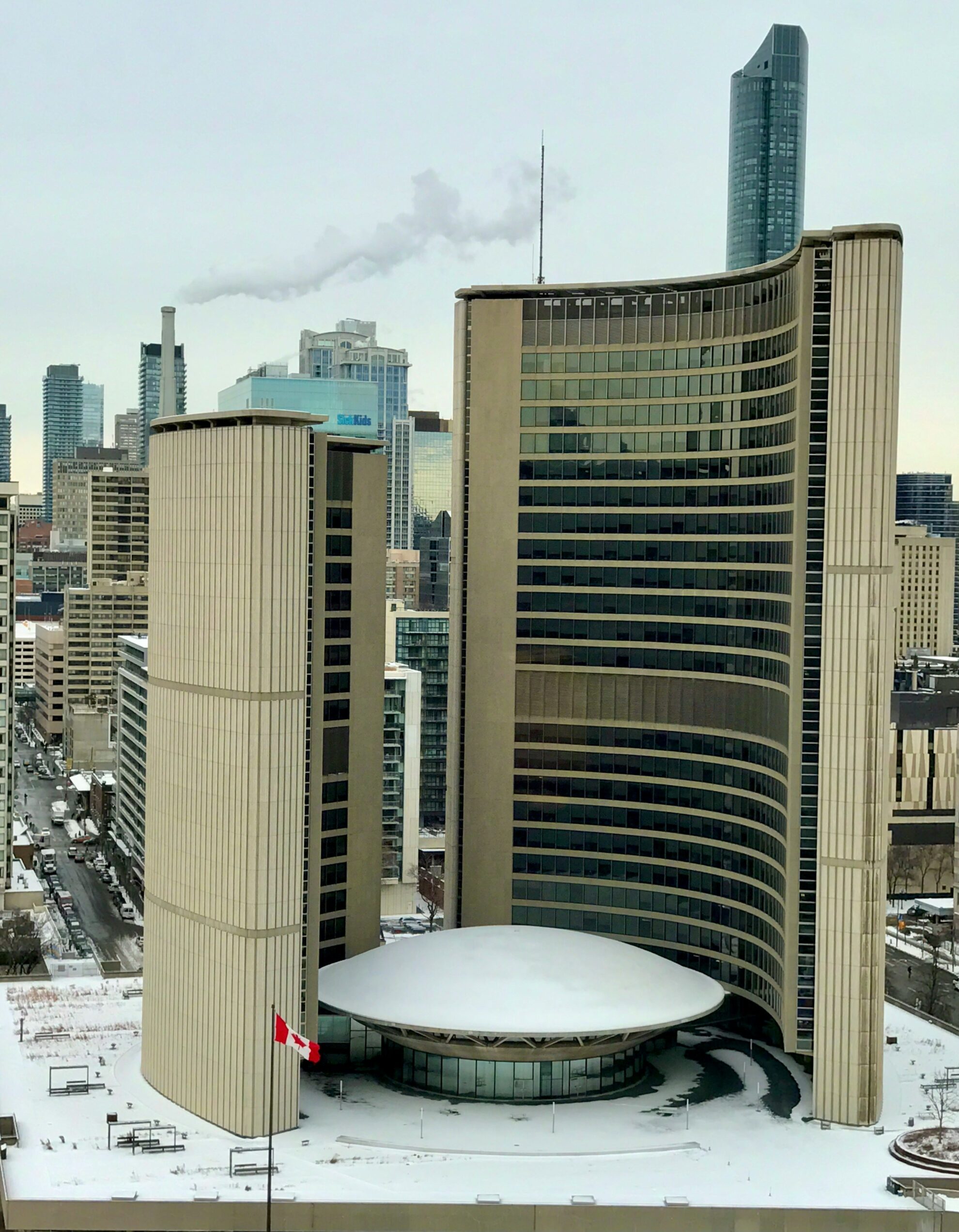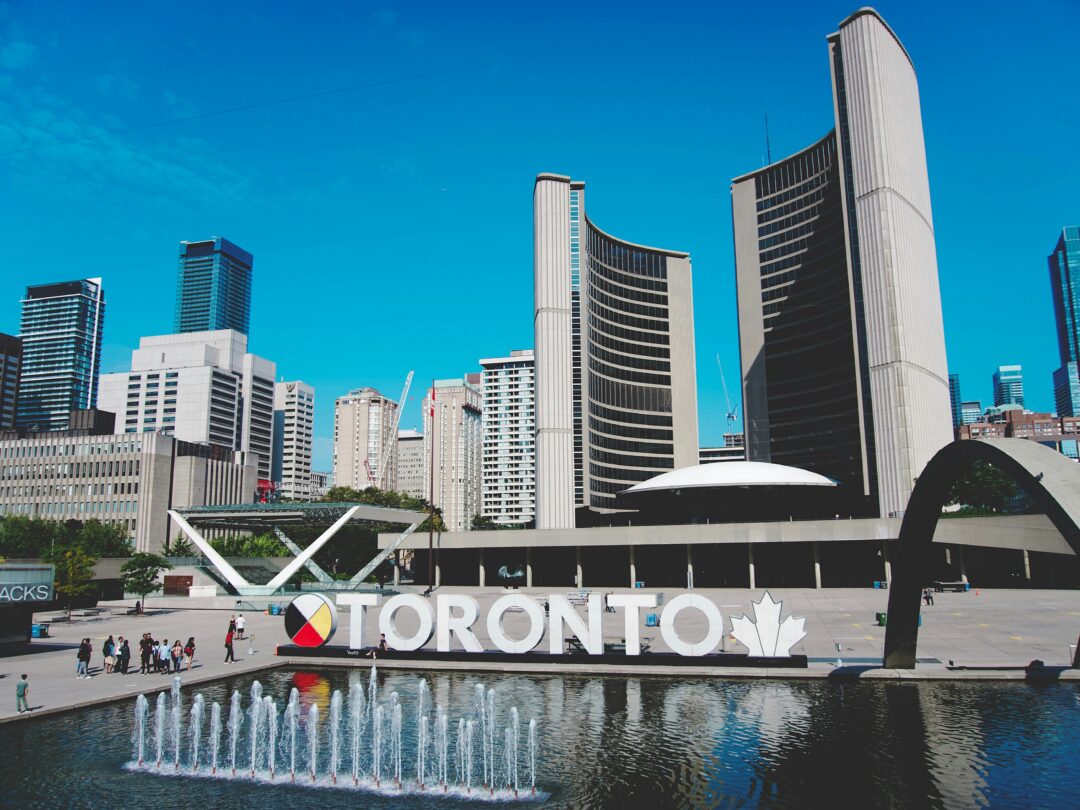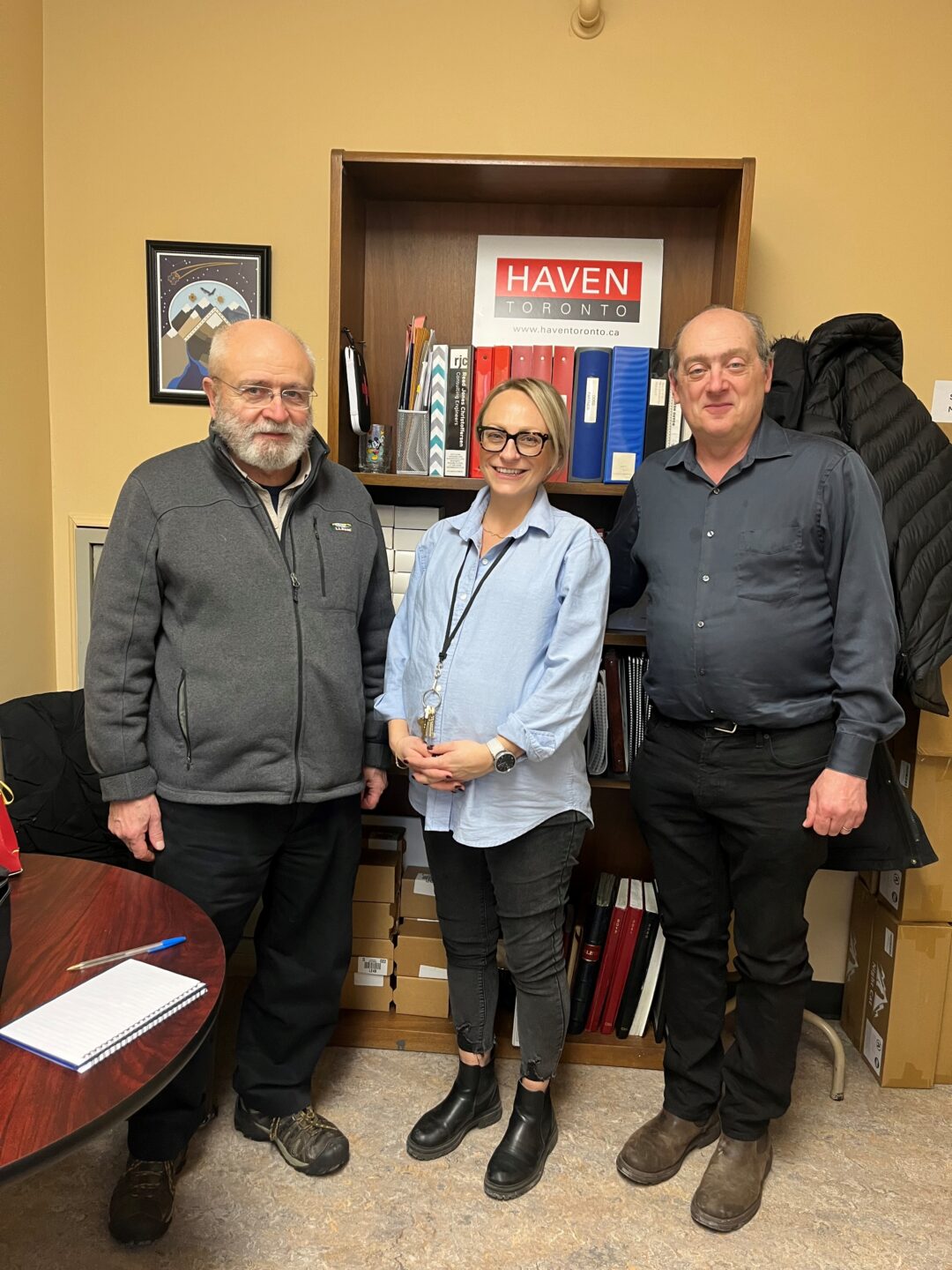Christopher Hume –
It’s not easy running a big city on a small-town budget. Just ask Toronto Mayor Olivia Chow; despite her decision to raise property taxes beyond anything her cowardly predecessors could have envisioned, the city still faces a $1.2-billion hole.
Neither Rob Ford nor John Tory, who occupied the mayor’s chair for over a decade before Chow was elected in June 2023, summoned the courage to deal with the issue. Instead, they opted to let the city fall deeper into debt and disarray.
Last year, Chow imposed a tax increase just under 10 percent – and managed to pull it off. This year, she’s proposing to raise taxes 6.9 percent. In normal times, that would be considered unacceptable. (Ford, Tory and Toronto’s first post-amalgamation mayor, Mel Lastman all tied property tax increases to the rate of inflation.)
Alas, we do not live in normal times. Opting for personal popularity over good policy has only made a bad situation worse. After years of economic stagnation, the result is a city in visible decay, if not decline.
Had then-mayor David Miller not introduced the lucrative municipal land transfer tax in 2007, Toronto’s revenue shortage would have been even worse. Miller also added the vehicle registration fee to the city’s fiscal arsenal, but that was quickly killed by his successor, Rob Ford, who saw it as part of a “war on the car.”
It has been at least half a century since Toronto was hailed globally as “the city that works.” These days, it’s the city that struggles. There’s a reason for that. Indeed, the city, let alone the country, still rides on the coattails of infrastructure built in the 1970s.
In these parts, the failure to maintain the infrastructure in a state of good repair is most evident not in our potholed roads but in a transit system that lurches from slowdown to shutdown and back seemingly daily. Subway passengers currently endure 13 “reduced speed zones,” down from 34 last year. No surprise that the TTC says it needs $16.4 billion over the next decade to bring the network to a state of good repair and update its fleet.
Good luck on that.
Little wonder Toronto has some of the worst congestion in North America. Too many cars and decades of deferred maintenance have left the city facing an unprecedented crisis of mobility. Put simply, getting around has never been so agonizingly slow.
Even so, Chow’s proposed tax increase will do little to help the city cope with its chronic inability to cover its $18.8-billion operating budget and its nearly $60-billion capital budget, which can no longer be taken seriously.
Sadly, relying on the municipal land transfer tax and development charges to help the city pad its coffers ended with the condo boom, at least temporarily. As the real estate market retreats, so does the revenues it contributes. And let’s not forget, Chow’s tax increase would have been larger if she hadn’t proposed withdrawing $1.3 billion from the city’s reserve fund.
Toronto has historically enjoyed the lowest property tax rates in the GTA. If the city really is as great as we like to proclaim, then we should be happy to pay a bit more to keep it that way.
Of course, none of this matters to the whiners, whether on council or in the media. Toronto mayors are damned if they do, damned if they don’t. “What are Torontonians getting in return?” the hapless Beaches-East York councillor, Brad Bradford, huffed on X. “Rising costs, stagnating services, and a city government that has been overrun with bureaucracy.”
The failed mayoral candidate presumably knows how disingenuous, even shameful, his words are. He must realize that the city desperately needs money. The lack thereof affects every Torontonian. No, we don’t like taxes, but they (and death) are inevitable. As Oliver Wendell Holmes famously noted, “Taxes are the price we pay for a civilized society.”
At a time when the very concepts of civilized society and democratic government are under threat, taxes are increasingly viewed as just another public sector rip-off. The rise of right-wing populists like U.S. President Donald Trump and Conservative leader Pierre Poilievre is a symptom of the growing belief that government is the problem, not the solution. If only.
To paraphrase Aesop, we should be careful what we wish for when we vote. The politicians we choose just might keep the promises they make.
Toronto City Council will hold a special session on February 11 to discuss the 2025 budget.





1 Comment
Having lived and worked in the city of Toronto my whole, life I have seen the derioration of the infrastructure and services. Even little cutbacks have an impact over time. And by the time people realize and are affected, it costs much more to correct.